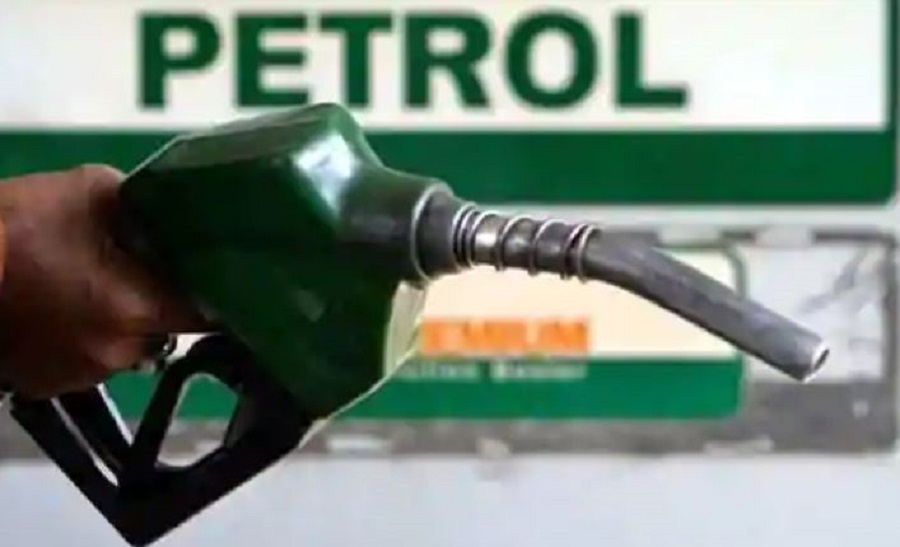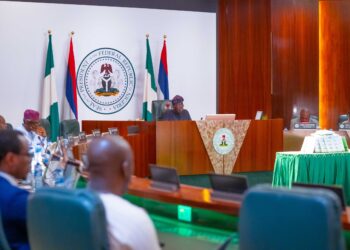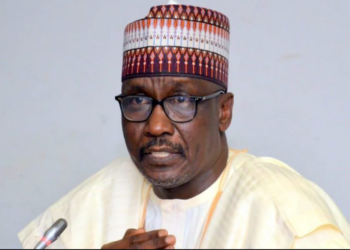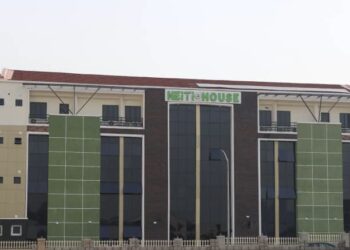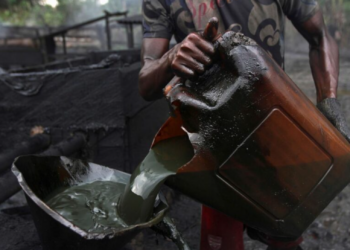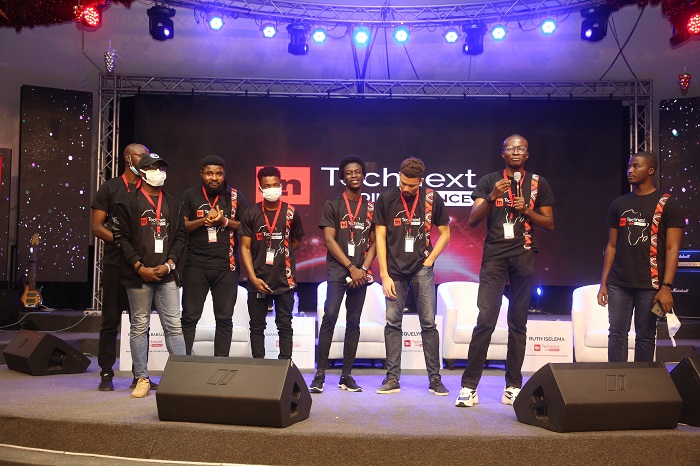The Nigeria Extractive Industries Transparency Initiative (NEITI) has revealed that N13.7 trillion ($74.386 billion) was spent on fuel subsidy in 15 years.
This was made known by the Executive Secretary of NEITI, Ogbonnaya Orji, in a report that he presented to the House of Representatives ad-hoc committee investigating fuel subsidy regime between 2013 and 2022 in Abuja, where he said that the amount was expended from 2005 to 2020, according to ICIR.
Breakdown of subsidy payments
According to the document presented to the House committee chaired by Hon. Ibrahim Aliyu, the subsidy payments in 2005 was N351 billion ($2.66 billion); 2006 was N219.72 billion ($1.70 billion); 2007 was N236.64 billion ($1.89 billion); 2008 was N360.18 billion ($3.03 billion); 2009 was N198.11 billion ($1.60 billion), and 2010 was N416.45 billion ($2.76 billion).
- Going further into the report, the payment for 2011 was N1.9 trillion ($12.18 billion); 2012 was N690 billion ($4.34 billion); 2013 was N495 billion ($3.11 billion); 2014 was N482 billion ($2.92 billion); 2015 was N316.70 billion ($1.62 billion); 2016 was N99 billion ($0.39 billion); 2017 was N141.63 billion ($0.44 million); 2018 was N722.30 billion (2.36 billion), 2019 was N578.07 billion (1.88 billion), and finally 2020 was 134 billion (0.37 billion).
In May 2016, the Nigerian National Petroleum Company (NNPC) being the sole importer of petrol, took over, making deductions from the sale of domestic crude which it termed under-recovery.
Orji in the report noted that subsidy payment expected from NNPC in 2018, was N2.294 trillion including subsidy of N722.257 billion, N138.945 billion for pipeline repairs and management cost, N28.329 billion for crude and product losses and N998.285 billion being balance that NNPC should have remitted, actual remittance stood at N897.922 billion leaving outstanding (unremitted fund) of N100.363 billion for 2018.
He added that in 2019, the sum of N2.145 trillion comprising of subsidy of N518.074 billion, N126.664 billion for pipeline repairs and management costs, N31.844 billion for crude and product losses and N1.498 trillion being balance that NNPC should have been remitted, but actual remittance stood at N821.563 billion leaving outstanding (unremitted fund) of N170.675 billion for 2019.
Also, the report stated that in 2020, payment of subsidy worth N133.74 billion, N54.49 billion for pipeline repairs and management cost, N133.06 billion for crude and product losses.
Similarly, the report stated that Domestic Crude Allocation for 2018, was 107.63 million barrels, out of which 13.581 million barrels (13%) was delivered to the refineries, 94.045 million barrels (87%) was exported under the DSDP arrangement and that NNPC was expected to make remittances within 90 days.
NNPC consistently defaulted in remittance of crude proceeds
Orji in his presentation also revealed that within the transaction rules, the NNPC was expected to comply with the 90 days’ payment terms in remitting the proceeds of federation crude, noting that the state-owned oil company consistently defaulted.
He said, “NEITI’s report examined the pattern and consistency of remittance of sales proceeds into the designated bank account (CBN/NNPC crude oil and gas revenue naira account) by the NNPC.
“It was evident that the NNPC consistently defaulted on the sales terms of ninety (90) days. The delays ranged from 21 to 55 days. The opportunity cost of these monthly delayed remittances by NNPC was N17.5 billion.
“NNPC deducts from the sales proceeds of domestic crude oil for under-recovery (subsidy on PMS), payments for pipeline repairs and maintenance and payments for crude and product losses.
“Although amounts were appropriated for these expenditures in the approved budget for the year, however, the amounts deducted by the end of the year were over and above-appropriated sums.
“A periodic audit by the federal government to verify the utilisation of amount deducted for pipeline maintenance and repairs should be undertaken. The government should consider the following options: Allocating specific crude volume to NNPC to cater for their operational costs.’’
What you should know
- Subsidy payment has become a very thorny issue in Nigeria because of its negative impact in the country’s economic and social life.
- The Minister of Finance, Budget and National Planning, Zainab Ahmed, had in her presentation of the 2023-2025 Medium Term Expenditure Framework and Fiscal Strategy Paper said that the Federal Government has projected to spend the sum of N6.7 trillion on petrol subsidy payments in 2023, drawing a lot of criticisms from Nigerians.
- Subsidy or under-recovery as described by NNPC is the under-priced sales of premium motor spirit (PMS), better known as petrol, with the balance paid by the federal government.
- The federal government had earlier in January postponed the planned implementation of the removal of petrol subsidy for a period of 18 months, citing “high inflation and economic hardship”

